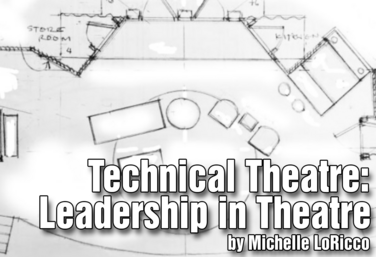View all Standards for Florida Sunshine State Standards
TH.68.F.2.3 Identify businesses that are directly or indirectly associated with school and community theatre, and calculate their impact on the local and/or regional economy.
View all Standards for Florida Sunshine State Standards Standards Master List

